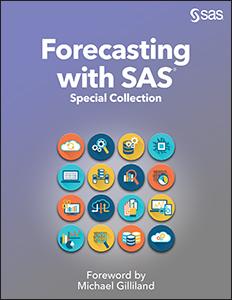
I hope you will join me (and over 20,000 of my closest friends) on Tuesday June 16, for the complimentary Virtual SAS Global Forum 2020. The SAS event team has put together an impressive program of live and recorded content. You can create your own virtual experience, selecting from multiple



